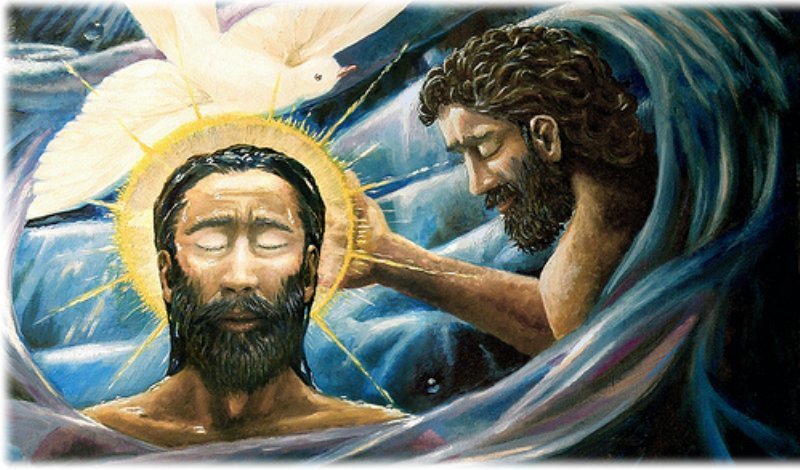Reflection: 3rd Sunday of Advent, Cycle B

Is 61:1-2a, 10-11; 1 Thess. 5:16-24; Jn1:6-8, 19-28.
Feeling oppressed by the Roman occupation, the Jews of Jesus’ time were anxious to know if the Messiah had already come. Seeing John the Baptist preaching and baptizing they immediately wanted to verify if indeed he was the Messiah or not. It gave John the Baptist a chance to testify for Jesus. The outright assertion of John is: “I am not the Christ.” When forced to give his testimony about himself he declared: “I am the voice…” A voice is simply a movement of the vocal cords throwing out air and sound; when the blowing of air stops, the voice also stops to exist. That was how transitory John considered himself. When his mission of pointing out the “Lamb of God” was finished, he also vanished into prison and was beheaded by Herod. What about us? We do not want to disappear; we want to exist in the lips of people, to be spoken of, remembered and admired for a long time. And yet when John fully embraced his transitoriness, the longer is he remembered from generation to generation. What does he cry out? “Make straight the way of the Lord.” How is this done? By the baptism of water for repentance is the process to make straight the way of the Lord. We see two qualities John lives and requires: 1) humility – I am only a voice; and 2) repentance for the forgiveness of sins. John further shows his humility when he affirms that he was not worthy to untie the strap of the sandals of the Messiah. This was the work of a slave, but even this John said he was not worthy to do, knowing full well that the Messiah was no mere man but truly the Son of God. Do we want to be exalted by God as John was? Then we need to be repentant and humble as he was. Only by humility and repentance can we testify to the Light of Christ like John the Baptist did.
Then we shall be able to “Rejoice always,” as St. Paul invites us to do. Why? Because he who comes is the “anointed” of the Lord. ‘The Spirit of the Lord is upon him; he brings glad tidings to the poor; he heals the brokenhearted; proclaims liberty to captives; release to the prisoners, and announces a year of favor from the Lord and a day of redemption by our God.’ These are the many gifts we receive from the Lord at Christmas. These are the many graces we receive from the Lord at his coming in our human nature. That is why we experience so much joy at this season because it is a season of many gifts from God. God gives us so much gift and we also feel giving out gifts to each other. Jesus gives us the Holy Spirit as our Sanctifier. The poor begins to realize that man does not live by bread alone; that happiness is not in money and material possessions but in the love of God and of one another. Our hearts may be broken by illness and by fellowmen, but our God heals us as we cling to him. We may be held captives and imprisoned by our own vices and sinful desires but if we turn to Jesus he sets us free. The tiny Baby Jesus in that manger fills us with many graces and redeems us; he alone gives us true freedom as children of God. This Baby Jesus is our ‘God of peace who alone can make us perfectly holy in spirit, soul and body.’ That is why Christmas is the time when we are all united in family reunions because we become one with the Lord by repentance and we renew our love for him and for one another. That is why we do not say “Happy Holidays” but “Merry Christmas” because it is Jesus’ birthday we celebrate and he is the cause of our joy and happiness. Brothers and sisters, let us put Jesus in the center of our Christmas celebration and let us claim his gift of redemption. Amen.
